
11 minute read
Core Values

“What makes humble, hungry, and smart powerful and unique is not the individual attributes themselves, but rather the required combination of all three.” – Patrick Lencioni
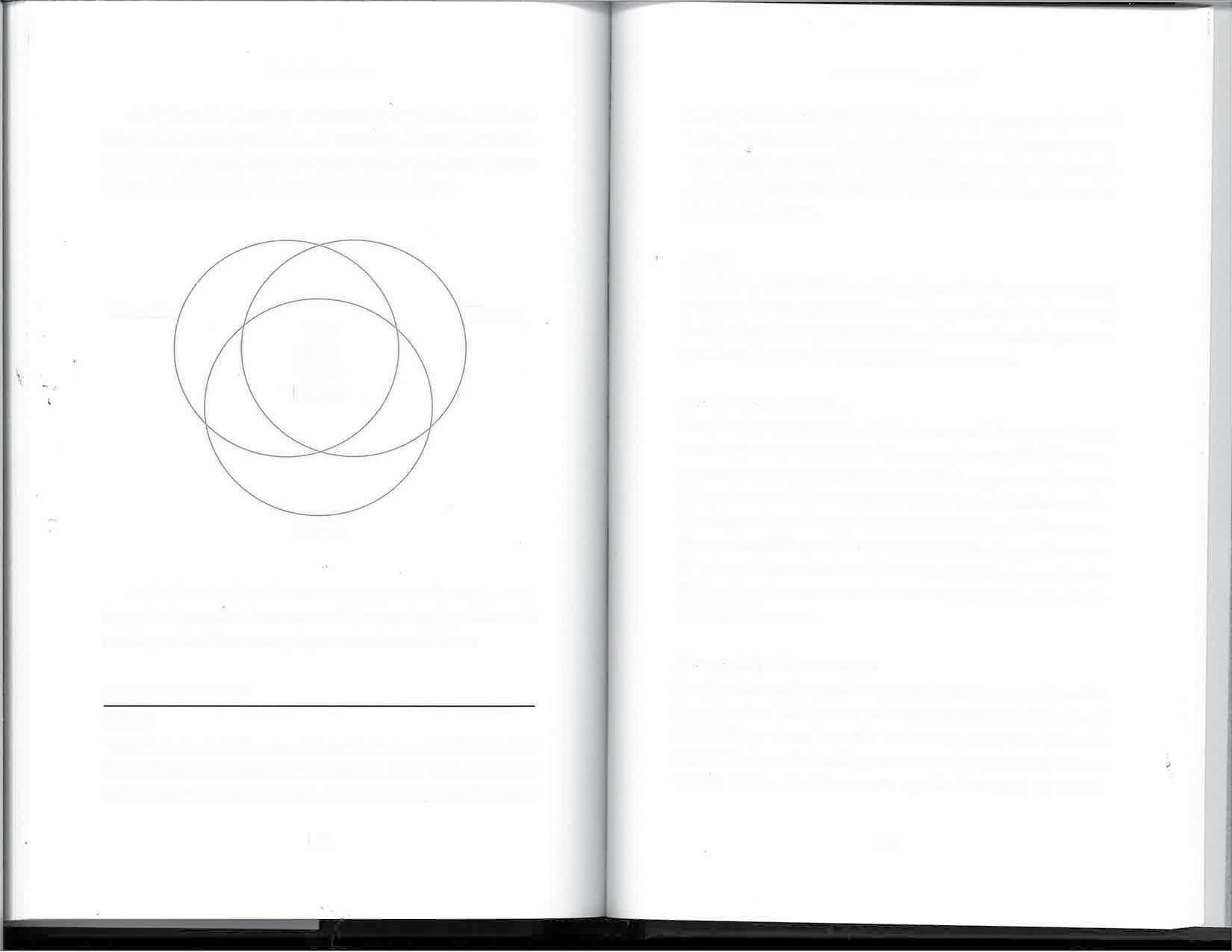

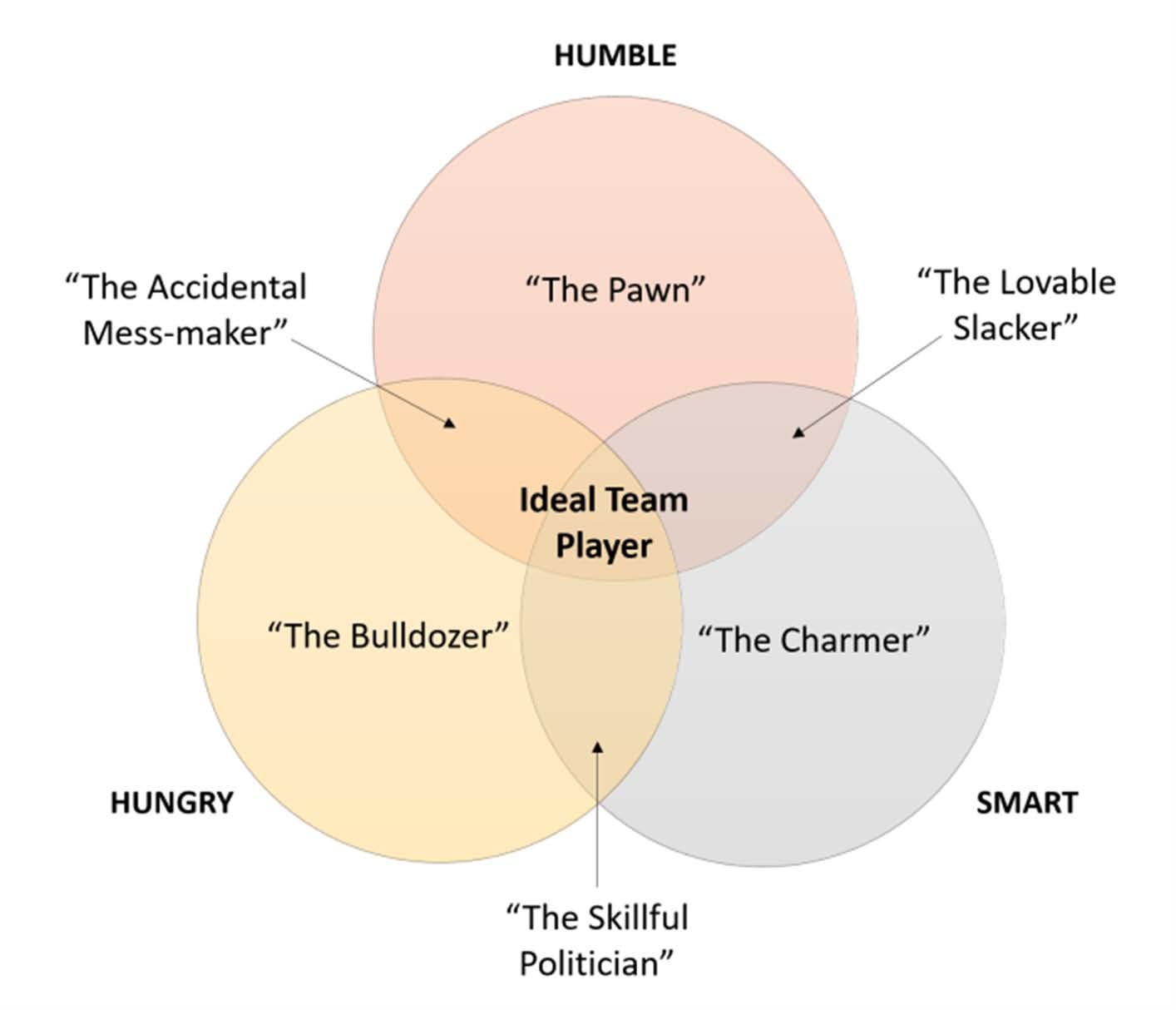


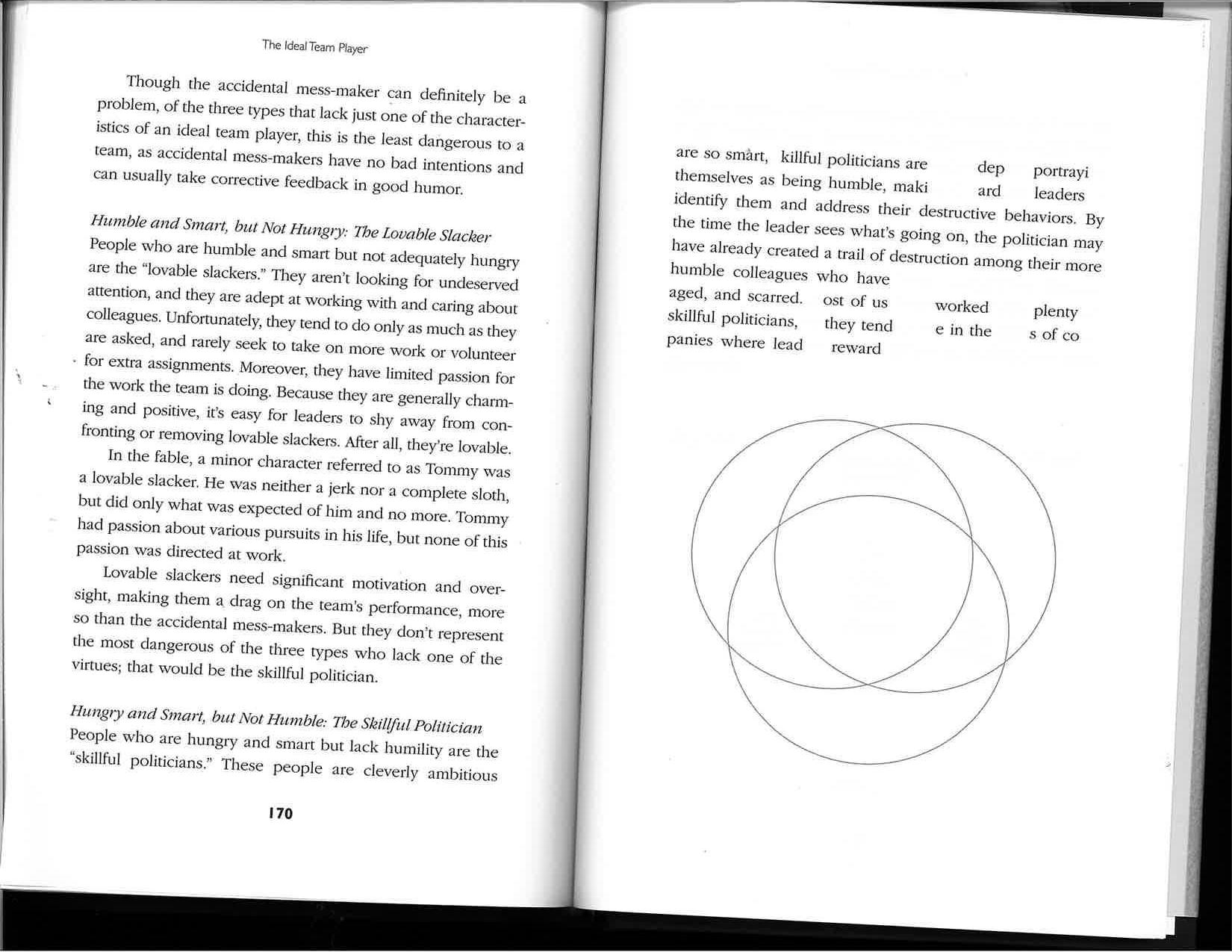



Self Assessment
One of the most effective ways to assess team members is to ask them to evaluate themselves. The reason being is sometimes, not always, team members Name: who lack people-smarts may not be aware of it. Those who are not humble will often lack the self-esteem to admit it. And those who are not hungry are typically embarrassed to admit their lack of commitment to a team. Knowing most team Instructions members are willing to own up their limitations, the self-assessment is typically a productive and positive way to ensure improvement. The hope is team members Take this assessment to evaluate yourself relative to the three virtues of an will feel encouraged by taking the self-assessment and take ownership of their ideal team player. Respond as honestly as possible, as this will allow you to most accurately identify any areas of development that you may have. own self-development. THE Use the scale below to indicate how each statement applies to how you IDEAL TEAM think your teammates may see you and your actions on the team. Choose PLAYER the rating response number that best applies to each statement and record it in the box to the right of the statement. Then total your scores for each of the three virtues. PRINT ASSESSMENT
RATING SCALE: 3 = Usually, 2 = Sometimes, 1 = Rarely
Humble
My teammates would say... 1. I compliment or praise them without hesitation. 2. I easily admit to my mistakes.
3. I am willing to take on lower-level work for the good of the team.
4. I gladly share credit for team accomplishments.
5. I readily acknowledge my weaknesses. 6. I offer and accept apologies graciously.
Hungry
SCORE:
SCORE:
SCORE:
SCORE:
SCORE:
SCORE:
TOTAL HUMILITY SCORE:
My teammates would say... 7. I do more than what is required in my own job. 8. I have passion for the “mission” of the team.
9. I feel a sense of personal responsibility for the overall success of the team.
10. I am willing to contribute to and think about work outside of office hours. 11. I am willing to take on tedious or challenging tasks whenever necessary. 12. I look for opportunities to contribute outside of my area of responsibility. SCORE:
SCORE:
SCORE:
SCORE:
SCORE:
SCORE:
TOTAL HUNGER SCORE:
The Organizational Health People | www.tablegroup.com
© The Table Group, Inc. All rights reserved.
1
Smart
My teammates would say... 13. I generally understand what others are feeling during meetings and conversations. 14. I show empathy to others on the team.
15. I demonstrate an interest in the lives of my teammates.
16. I am an attentive listener
17. I am aware of how my words and actions impact others on the team. 18. I adjust my behavior and style to fit the nature of a conversation or relationship. SCORE:
SCORE:
SCORE:
SCORE:
SCORE:
SCORE:
TOTAL SMART SCORE:
Scoring
Remember, the purpose of this tool is to help you explore and assess how you embody the three virtues of an ideal team player. The standards for “ideal” are high. An ideal team player will have few of these “Humility, hunger and smarts can statements answered with anything lower than a ‘3’ (usually) response. A total score of 18 or 17 (in any virtue) is an indication that the virtue is a potential strength. be adopted and developed in A total score of 16 to 14 (in any virtue) is an indication that you most likely have some work to do around that virtue to become an ideal team player.people who commit themselves A total score of 13 or lower (in any virtue) is an indication that you need improvement around that virtue to become an ideal team player.to cultivating these virtues.” Finally, keep in mind that while this tool is quantitative, the real value will be found in the qualitative, developmental conversations among teammembers and their managers. Don’t focus on the numbers, but rather the concepts and the individual statements where you may have scored low. – Patrick Lencioni
The Organizational Health People | www.tablegroup.com
© The Table Group, Inc. All rights reserved.
• Humble: Team members can be vulnerable, engage in honest conflict and hold others accountable. They define success collectively, commit to team goals, and do not value status or ego. • Hunger: Team members are willing to engage in uncomfortable conflict and hold others accountable. They will go above and beyond to achieve results and are always contemplating the next step. • Smart (People): Team members understand group dynamics and can tactfully engage in productive conflict. They have good interpersonal skills and tend to understand how to deal with others in the most effective way.
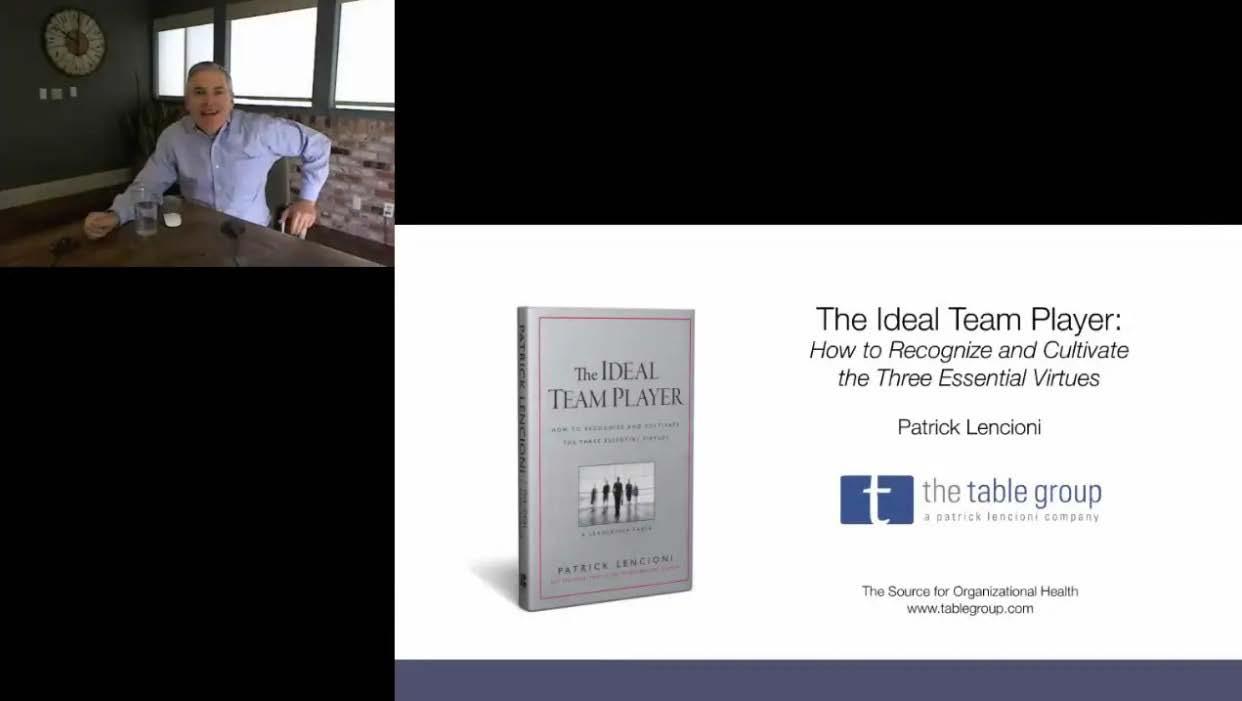

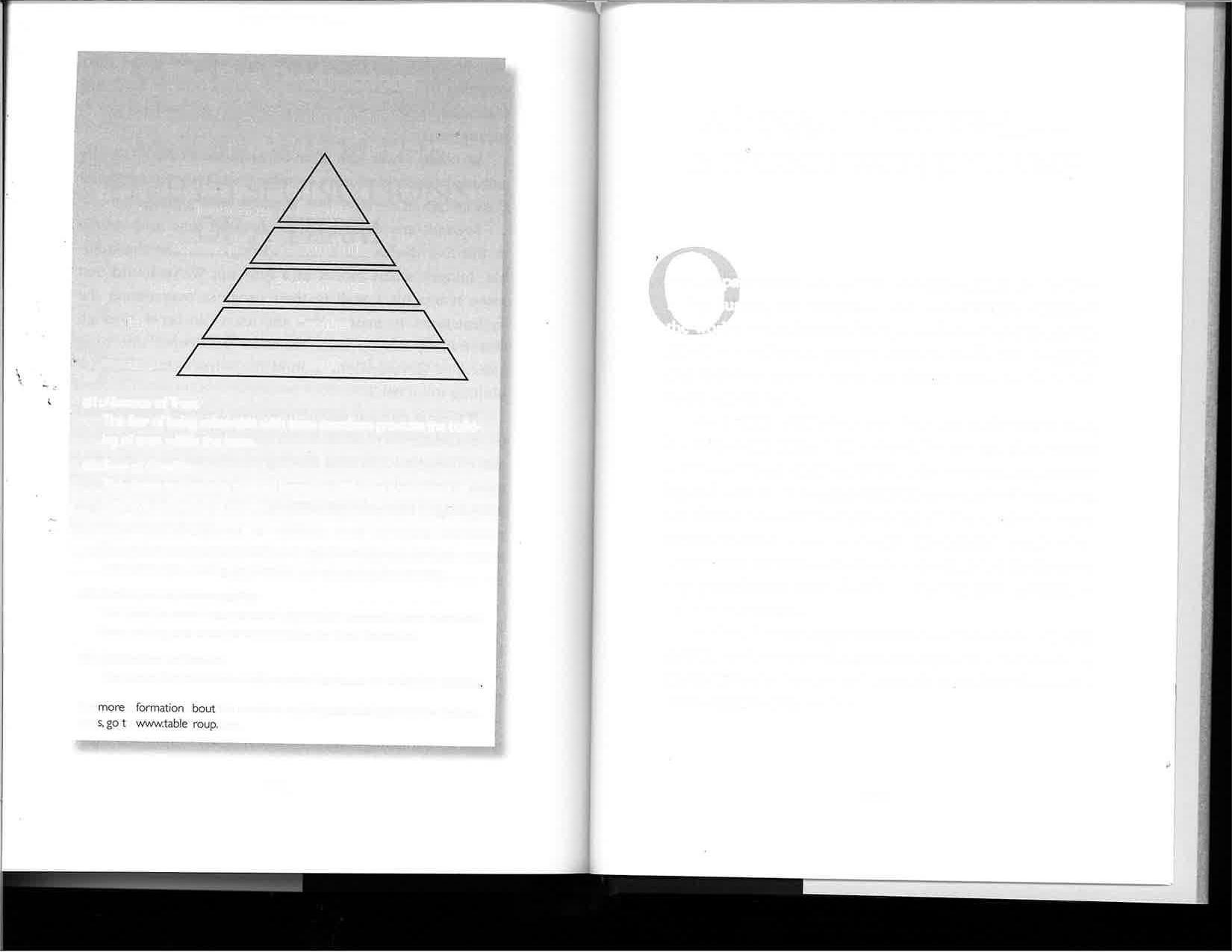



Self-Assessment Humility Questions: Ask yourself or consider the following questions on humility. By doing so, you will be provided an opportunity to self-reflect and encourage honesty with oneself. • Do I genuinely compliment or praise teammates without hesitation? • Do I easily admit when I make a mistake? • Am I willing to take on lower-level work for the good of the team? • Do I gladly share credit for team accomplishments? • Do I readily acknowledge my weaknesses? • Do I offer and receive apologies graciously? Interview questions: A few of the ensuing questions are asked during the Culture Interviews and are great indicators of the virtue. By asking yourself the following questions and being introspective, you can really capture the essence of humility.
The Ideal Team Player Interview Guide

Humble
Humble team members are quick to point out the contributions of others and slow to seek attention for their own. They share credit, emphasize team over self and define success collectively rather than individually.
QUESTION
Describe your current team. What do you like and dislike?
INSIGHT
By asking a team related question, it may be apparent if he or she values a team effort and is willing to do what is necessary for the good of the team. Encourage the candidate to describe specific interactions with colleagues and experiences working on a team.
QUESTION
What are the most important accomplishments of your career?
INSIGHT
Look for more mentions of we than I. Of course, it isn’t about being so simplistic as to count the responses. In the event that someone refers to himself or herself individually more than as a member of a team, probe for whether he or she was working alone or with others.
QUESTION
What was the most embarrassing moment in your career? Or the biggest failure?
INSIGHT
Look for whether the candidate celebrates that embarrassment or is mortified by it. Humble people generally aren’t afraid to tell their unflattering stories because they’re comfortable with being imperfect. Also, look for specifics and real references to the candidate’s own culpability.
QUESTION
How did you handle that embarrassment or failure?
INSIGHT
Look for specifics about how the candidate accepted responsibility, what they learned from it, and if they actually acted on what was learned.
QUESTION
What is your greatest weakness?
INSIGHT
Yes, this is a seemingly tired question, but it’s still a useful one. The key is to look for answers that are real and a little painful. Candidates who present their weaknesses as strengths (“I take on too much” or “I have a hard time saying no”) are often afraid to acknowledge real shortcomings. To avoid this, it’s a good idea to coach candidates with prompts like: “I really want to know what you’d like to change about yourself, or better yet, what your best friends would say you need to work on.” The key to the answer is not what their weaknesses are (unless of course the candidate is an axe murderer), but if they’re comfortable acknowledging something real.
QUESTION
How do you handle apologies, either giving or accepting them?
INSIGHT
Look for and ask for specifics. Humble people are not afraid to say they are sorry, and they accept other people’s genuine apologies with grace. People who do this usually have specific stories.
QUESTION
Can you tell me about someone who is better than you in an area that really matters to you?
INSIGHT
Look for the candidate to demonstrate a genuine appreciation for others who have more skill or talent. Humble people are comfortable with this. Egodriven people often are not.




Self-Assessment Hunger Questions: Ask yourself or consider the following questions on hunger. By doing so, you will be provided an opportunity to self-reflect and encourage honesty with oneself. • Do I do more than what is required in my job? • Do I have a passion for the “mission” of the team? • Do I feel a sense of personal responsibility for the overall success of the team? • Am I willing to contribute to and think about work outside of office hours? • Do I look for opportunities to contribute outside of my area of responsibility?
Interview questions: A few of the ensuing questions are asked during the The Ideal Team Player Interview Guide Culture Interviews and are great indicators of the virtue. By asking yourself the (Continued from the previous page.) following questions and being introspective, you can really capture the essence of hunger.
Hungry
Hungry team members are self-motivated and diligent. They are constantly thinking about the next step and the next opportunity.
QUESTION
What is the hardest you’ve ever worked on something in your life?

INSIGHT
Look for specific examples of real but joyful sacrifice. In other words, the candidate isn’t complaining, but is grateful for the experience.
QUESTION
What do you like to do when you’re not working?
INSIGHT
Look out for too many time-consuming hobbies that suggest the candidate sees the job as a means to do other things. That’s not to say that there is one specific kind of activity that is an indicator of not being hungry. And it’s certainly not to say that you’re looking for someone who has no interests in life outside of work. But a long list of hobbies like extreme skiing, sled dog racing, storm chasing, and shark hunting might just be a red flag when it comes to someone who is not going to put the needs of the team ahead of personal pursuits.
QUESTION
What was your work ethic like as a teenager?
INSIGHT
Look for specifics, usually relating to schoolwork, sports, or jobs. And when it comes to sports, it’s not about participation and having fun. Look for examples of difficulty, sacrifice, and hardship. Ask the candidate about how hard they worked in high school. Did they really strive to do well? Did they have a job? Did they train extraordinarily hard in a sport? You’re not looking for one particular answer, but rather for something real that indicates the person has a work ethic. And a work ethic usually, but not always, gets established early in life.
QUESTION
What kinds of hours do you generally work?
INSIGHT
Hardworking people usually don’t want to work nine to five, unless their unique life situations demand it. And if they do, they are usually getting additional work done at home. That’s not to say that some people aren’t stuck in dead-end, nine to five jobs and are itching to get out and do something challenging. But if a candidate is satisfied with a predictable schedule and talks too much about “balance,” there’s a chance he or she isn’t terribly hungry. Again, not a litmus test, but a red flag. None of this is to advocate that people should prioritize their work over their families. Not at all. It’s just that when a candidate focuses a lot on the hours that they’re expected to work, they may not be the kind of hungry team player you need.
The Organizational Health People | www.tablegroup.com
3



